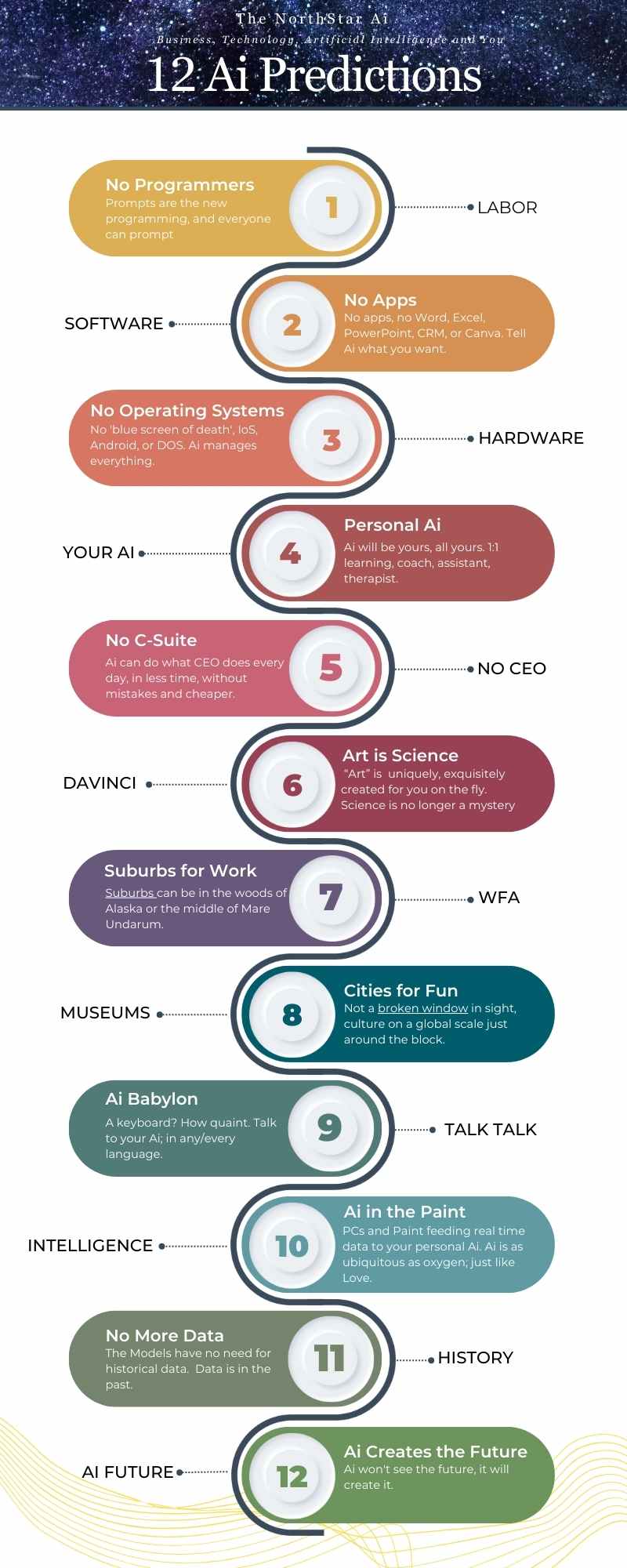|
Charles G. Peterson, IV
At its heart, "Risky Business" indeed contained elements of soft-core pornography, capturing the adolescent fantasies and hormonal frenzies of the teenage demographic it targeted. Set in the affluent tranquility of Chicago's North Shore, the film sees Joel Goodson (Cruise)—a name that itself alludes to his ordinarily 'good' behavior—spiraling into debauchery and rebellion when his parents leave him home alone. It was the 1980s, an era defined by the Reagan administration's promotion of entrepreneurial spirit. Enter Lana (De Mornay), a savvy sex worker summoned from the city, a hub often associated with sin and pleasure. As Joel and Lana transform the Goodson home into their personal Eden, they set off a chain of events marked by property damage that includes a Porsche ending up in Lake Michigan and a cracked Steuben glass egg, the latter being a clear metaphor for the loss of innocence. Brickman's film delved deeply into the anxiety and sexual frustration inherent in adolescence. With the looming stress of college applications adding to the chaos, the protagonist's journey to monetize his and his peers' frustrations and fears resonates powerfully with teens trying to understand their evolving place in the world. The film's soundtrack, brought to life by the likes of Tangerine Dream, Talking Heads, Phil Collins, and Muddy Waters, underscored the narrative and added a rhythmic pulse that encapsulated the era. The film's catchphrase—"Sometimes, you just gotta say what the fuck"—became an unexpected mantra for a generation yearning for liberation from societal constraints. "Risky Business" stood as "Casablanca" for Generation X. It provided a mantra for a generation yearning for freedom, nudging them to relinquish control and let the night unfold unpredictably.  A crucial scene near the film's end sees Cruise, donned in dark sunglasses, raking leaves in the backyard, suggesting an enigmatic double life. It was the 1980s, an era defined by the Reagan administration's promotion of entrepreneurial spirit. This scene, a juxtaposition of Cruise's character, smacked of the era's duality, a nod to a time when one could push the boundaries and still have the opportunity for a fresh start in college. Much of "Risky Business" is pure fantasy, but it also evokes a nostalgic yearning for a time when privacy was sacred, when the lack of cellphones and social media meant teenagers could indulge in risk-taking without the threat of digital exposure. The movie encapsulated the fleeting joy of reckless freedom and the quick return to the mundane routine of school. The mythical "permanent record," an ominous threat wielded by junior high schools, suddenly seemed irrelevant. The realization that such a record didn't exist, that no one truly cared about the high school antics, marked the end of innocence for many viewers. "Risky Business" stood as "Casablanca" for Generation X. It provided a mantra for a generation yearning for freedom, nudging them to relinquish control and let the night unfold unpredictably. The film indubitably made a significant impact on its viewers, its lessons resonating and even prompting good-humored banter among peers for years to come. For the 40 years since its release, "Risky Business" has remained an emblem of teenage rebellion and a candid exploration of adolescent anxieties.
0 Comments
Your comment will be posted after it is approved.
Leave a Reply. |
Topics & Writers
All
AuthorsGreg Walters Archives
July 2024
|



